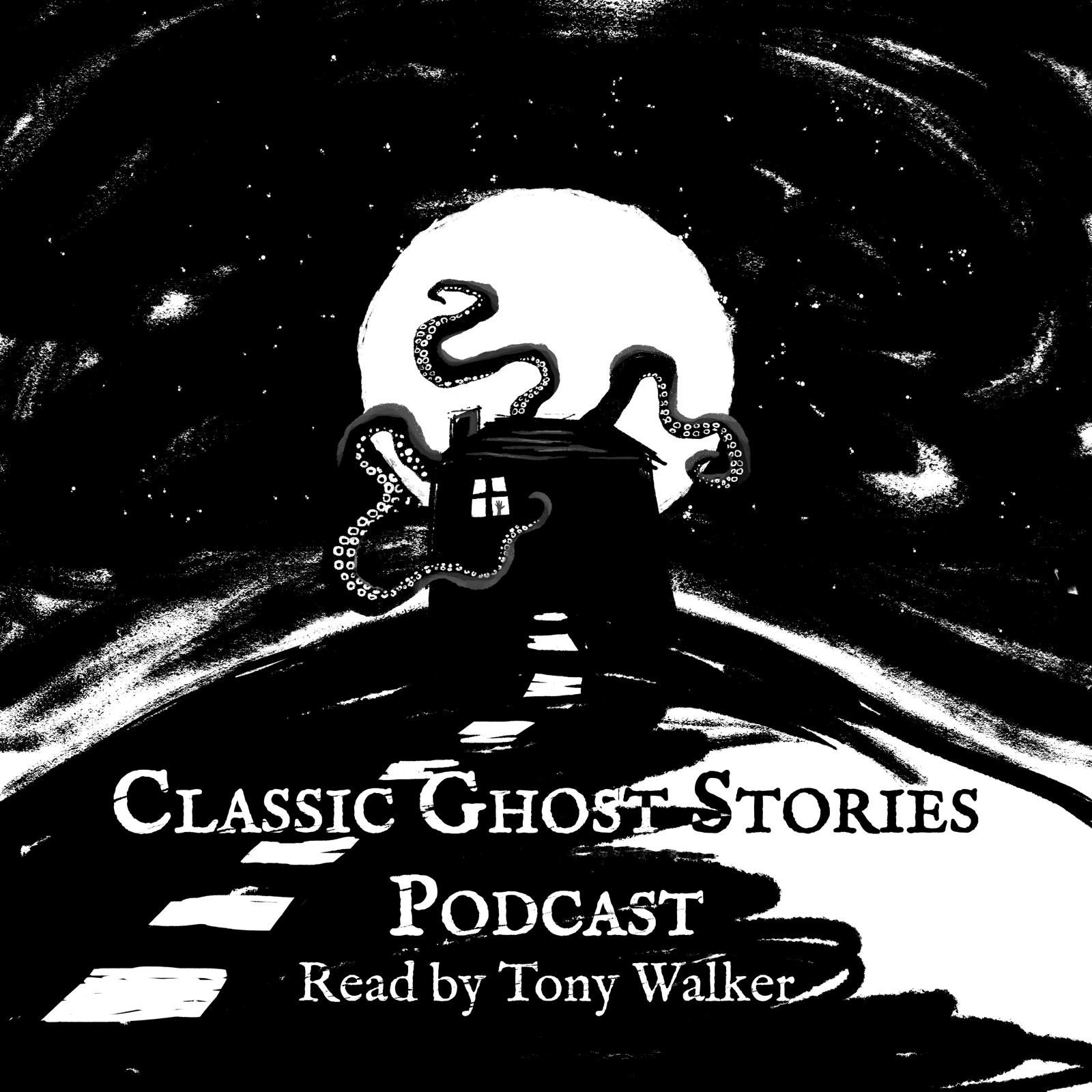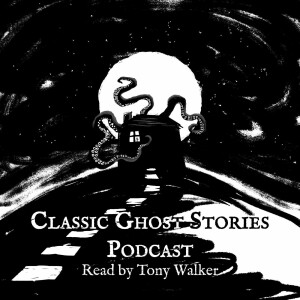
Music Hath Charms By LTC Rolt
Lionel Thomas Caswall Rolt, was an English writer born in 1910 and who died in 1974, therefore for us, he's a recent writer! He was a prolific writer who had an interest in engineering and that shows in this story in his description of the tunnels and the knowledge of ventilation shafts which are integral to the plot of the story.
In keeping with this love of engineering, he wrote biographies of major engineers such as Isambard Kingdom Brunel and Thomas Telford. He had a major enthusiasm for vintage cars, heritage railways and was a pioneer of the canal cruising industry.
From 1936, Rolt decided he wanted a life afloat and he converted his uncle's old boat Cressy into a boat he could live in and spent his time mooching up and down the canals of England.
During the Second World War, he went to work for Rolls Royce and made Spitfire engines, the Royal Airforce's legendary fighter plan.
After the war, Rolt teamed up with Robert Aickman, another major ghost story writer to form the Inland Waterways Association to promote the use of the canals and restore them.
L T C or Tom Rolt was an accomplished author and an inland waterway enthusiast, and together with the another famous ghost story writer, Robert Aickman, and their wives, formed the Canal Restoration Trust which was responsible for bringing back the industrial waterway network of England and Wales back into service for leisure travel.
When we know Rolt's love of machinery we understand the detailed description of how the musical box works in Music Hath Charms. I now know all about them. He also gives more detail than many would to about bus timetables.
The story is set in wild Cornwall, which because of its remoteness and its Celtic past is a suitably remote setting for a ghost story. Cornwall has a history of smugglers and wreckers and this is the background to this story. We also see that another author who set her work in Cornwall, Daphne Du Maurier often used smugglers and indeed Frenchmen in her stories.
La Pucelle means a maiden or a girl.
This is of course a Faustian story. The smuggler, the Count Pierre Henneze de Hou. There is a French name Hennezel, and a De Hou, but no Henneze that I could find, so Tom Rolt may have miscopied the name. I suspect the title 'count' is a self-styling. I have often fancied called myself Count Tony Walker, but don't have the brass neck to get away with it.
Carn Zawn doesn't exist, though the name is good Cornish. Carn is a heap of stones and Cornish 'sawan' means 'throat' and is used for a narrow inlet of the sea. Trevarthan is a real Cornish surname as well, arising from two separate places in West Cornwall. The only mistake Tom Rolt makes with his Celtic nomenclature is to have his housekeeper called Penrice. It sounds Cornish, but is in fact a Cumbrian surname arising from the place-name Penrith. Of course Cumbric and Cornish were closely related languages, so we can excuse him. Of course, it's also possible that the Penrices were Cumbrian immigrants to Cornwall. In fact, there were many Cornish who came to Cumbria to work in the mines, but not so-much the other way. This is proved by the fact there are two Cornish pasty shops in Keswick alone, but not a single Cumberland sausage shop in Truro, or Penzance.
But back to the Devil. We presume that the shadowy creature in the engraving is Old Nick, gamboling and pranking. The Music Box conjures him. Count Pierre is presumed to have traded something, likely his soul as the De'il is found of those, for a life of opulence and the lusty company of La Pucelle, our Jeanne. She has a husky voice after all, surely a euphemism, or at least a sign.
Then when the box is found again, James Heneage seems to be possessed by the spirit of Henneze — Heneage/Henneze, a similar name, but is this a coincidence or meant?
Is it suggested that James is a descendent of Henneze? Anyway, you wind the music box, you get the opulent wealth, obtained from wrecking still, and you get the company of La Pucelle who we presume loves James in the daytime and all the nighttime too, as well as painting disturbing pictures and playing the piano rather well.
I wonder if La Pucelle isn't Rolt's equivalent of Helen of Troy, for whom Goethe's Faust sold his soul of course.
James Heneage does a lot of giggling when he's possessed by an evil spirit. Never trust a giggler.
The ending is understated. Our hero leaves, looks over his shoulder and sees Heneage welcoming the Devil in. As in common with many ghost stories of this period, though not with horror stories in ours, the narrator escapes unscathed apart from having his view of the world darkened, perhaps forever.
Though Henneze vanished under circumstances which suggested he came to a bad end, this does not let us know what price you have to pay the devil for good sherry and the company of La Pucelle. Neither do we know what it cost James Heneage for the same. Might be worth it.
Music by
The Heartwood Institute
The last track with the lovely violin is Under The Rose by The Hare & The Moon, whose lead performer is Grey Malkin
We also feature music by Michael Romeo of Dvoynik
Support the Podcast Any Way You Can!
Buy the thirsty, hyperactive podcaster a cup of Java
Sign up For Exclusive Stuff and Early Bird Exposures on Patreon
Get the Substack Newsletter with Exclusives
My Ghost Stories
Get my free audiobook download, The Dalston Vampire here, and you may consider purchasing my Horror Stories For Halloween, which is now long past.
This is a public episode. If you’d like to discuss this with other subscribers or get access to bonus episodes, visit tonywalker.substack.com/subscribe
More Episodes
 2020-09-20
2020-09-20
 2020-09-19
2020-09-19
 2020-09-13
2020-09-13
 2020-09-05
2020-09-05
 2020-09-05
2020-09-05
 2020-09-05
2020-09-05
 2020-09-04
2020-09-04
Create your
podcast in
minutes
- Full-featured podcast site
- Unlimited storage and bandwidth
- Comprehensive podcast stats
- Distribute to Apple Podcasts, Spotify, and more
- Make money with your podcast
It is Free
- Privacy Policy
- Cookie Policy
- Terms of Use
- Consent Preferences
- Copyright © 2015-2024 Podbean.com






